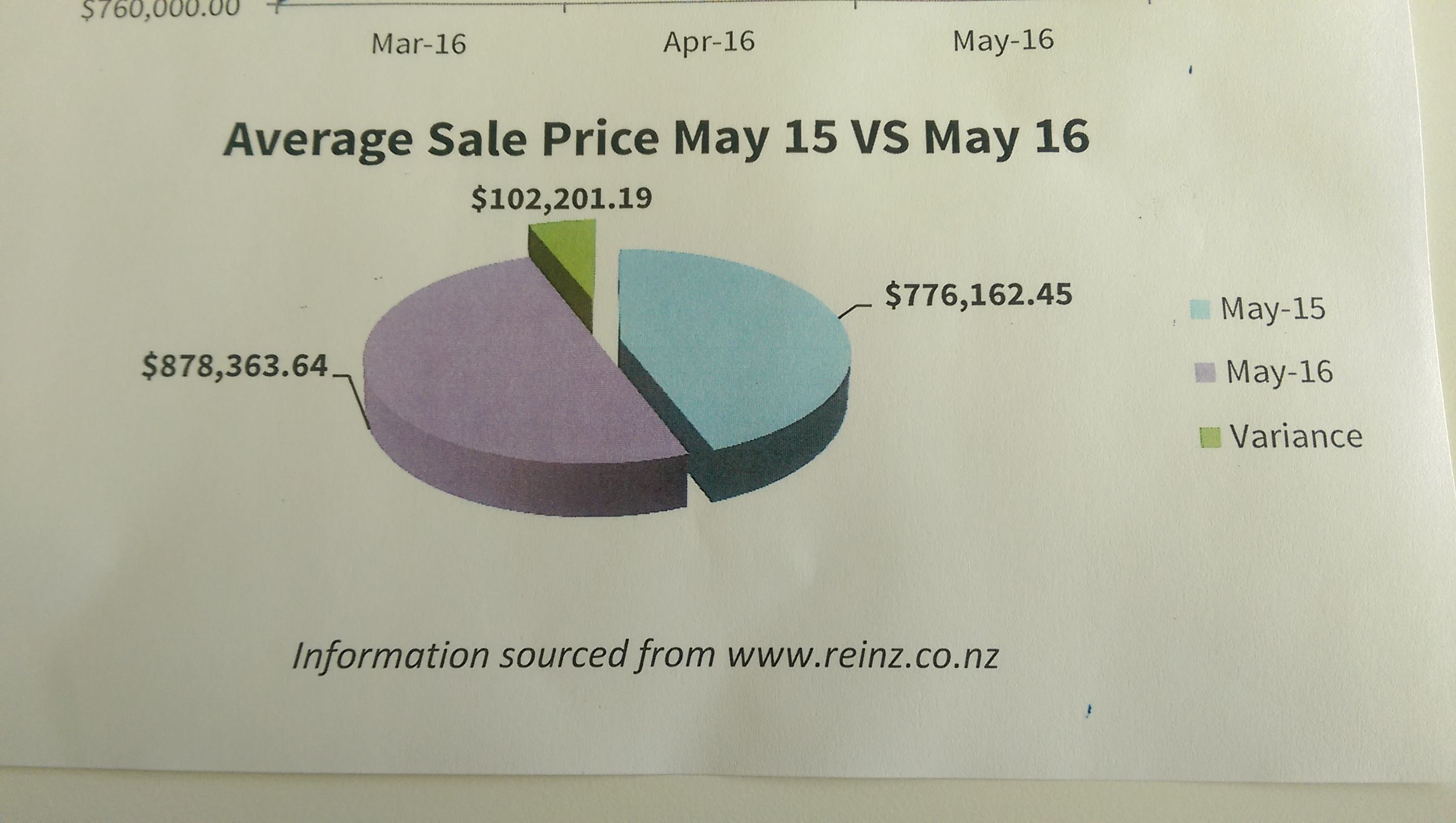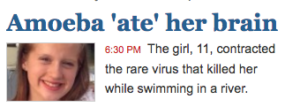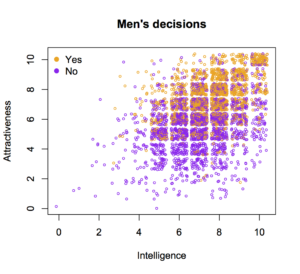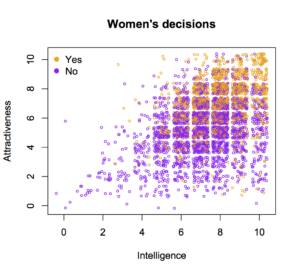New Zealand at the top of the (per-capita) table
On a medals-per-capita basis, New Zealand now ranks at the top of the table with two gold medals and six silver at the Rio Olympics, Statistics NZ said today.
With eight medals overall at the half way stage at Rio, New Zealand is the highest performing country, with the equivalent of 1.77 medals for every one million people.
Slovenia is second on 1.45 medals for every one million people. Hungary and Denmark are third and fourth respectively, with Fiji coming in fifth based on its one gold for the men’s rugby sevens win.

However, on a per-capita basis for gold medals alone, Fiji tops the table, with its one gold for a population of just under 900,000. On that basis, New Zealand’s two gold medals leave it in sixth place, with a population of more than 4.5 million.
During the weekend, Mahe Drysdale’s single sculls gold medal was the high point for the New Zealand team.
On Saturday, New Zealand won two silver medals, for shot-putter Valerie Adams and at the rowing where Genevieve Behrent and Rebecca Scown also picked up a medal in the pair.
See the SNZ data here: http://www.stats.govt.nz/browse_for_stats/population/estimates_and_projections/olympics-2016.aspx#tables




Recent comments